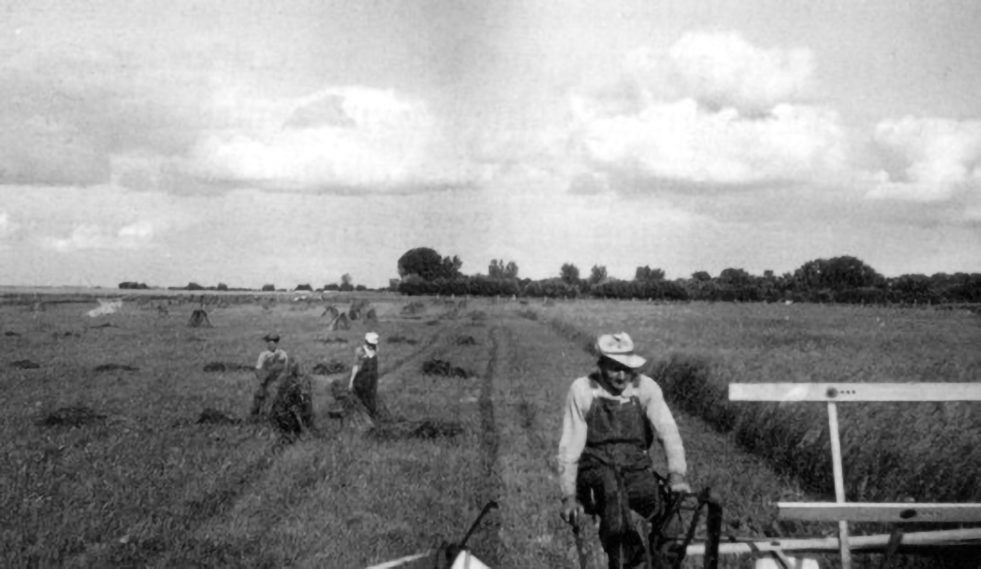
Photo courtesy of Gerhard J.Ens.
Edited by Anaheh Ghookassian Khoygani, Ottawa, Canada
To celebrate Canada History Week, from 18 – 24 of November, UNHCR is bringing you four inspiring refugee stories of people who came to Canada before the year 1950, when UNHCR was created. This year’s theme, “Working for the Future: a Century of Change in How Canadians Work” showcases stories of change in the workplace and labour history across the country. These short stories are all about people who came to Canada and established successful careers and businesses. They are the journeys of families who contributed to Canadian society and transformed their communities. They all share a common sentiment—the feeling of pride and joy in calling Canada their home.
The Rubinek family
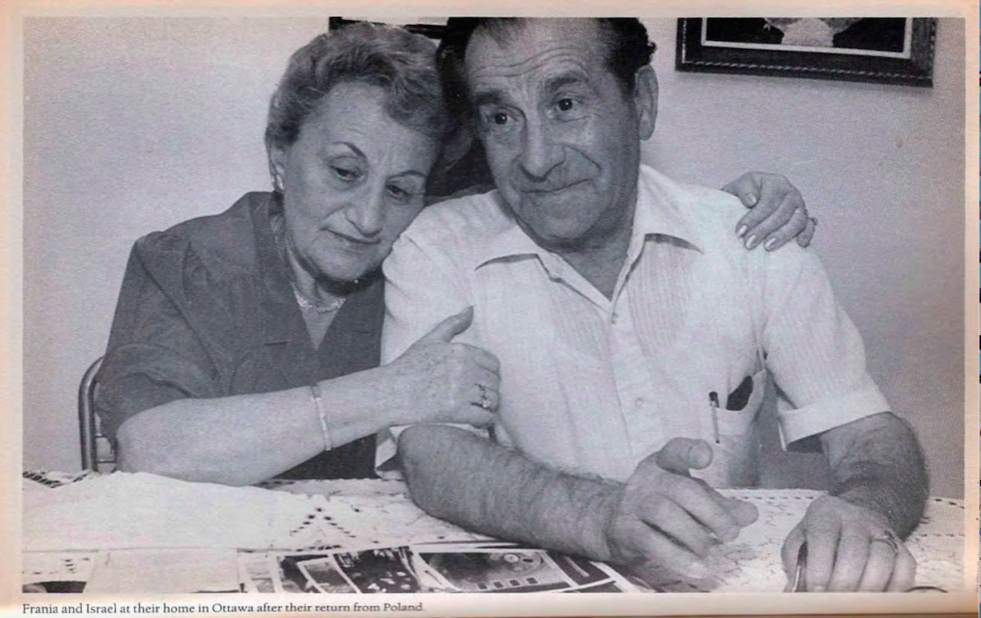
Farina and Israel at their home in Ottawa after their return from Poland. Photo courtesy of Saul Rubinek.
Saul Rubinek’s family arrived by ship as refugees from Germany in 1949. While Rubinek was himself born in a refugee camp, his mother and father came to Canada before his first birthday. His journey and experience is at the heart of his personal passion-project, the documentary film, So Many Miracles, which brings to light the family memento that his parents held onto all these years. The now acclaimed Canadian actor, director and producer, whose career brought him from the Ottawa Little Theatre to Hollywood, highlights the way his parents found hope and celebrated their past by keeping true to traditions.
The Procyk family
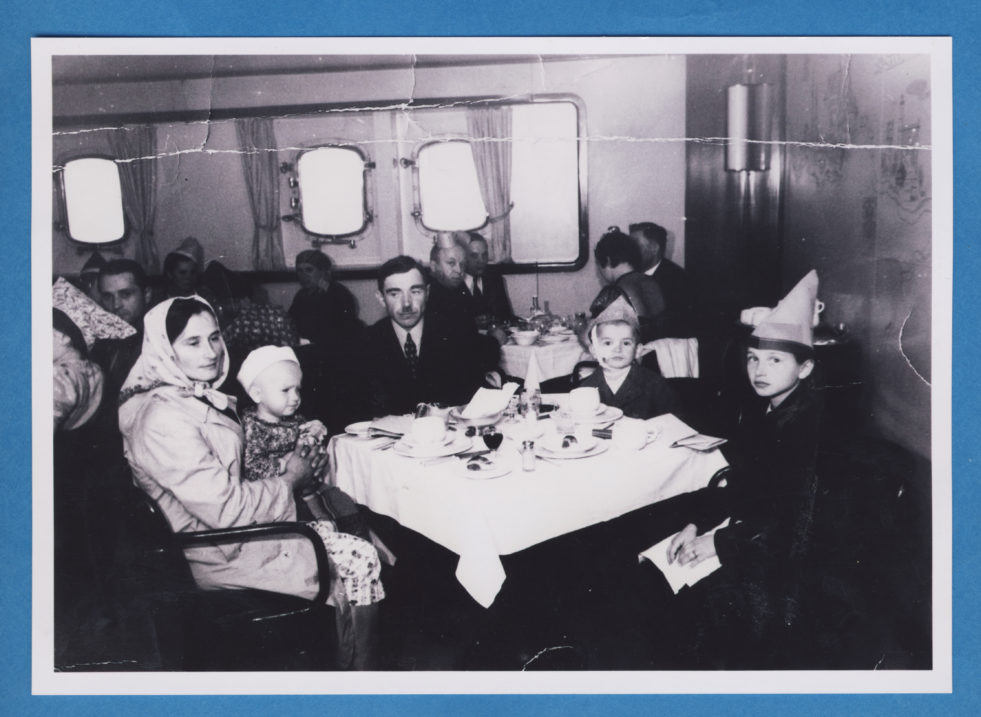
William Procyk with his parents, sister and brother. Photo courtesy of the Canadian Museum of Immigration at Pier 21.
Christine Wheeler’s father was only six years old when he began his journey to Canada as a Polish immigrant in 1939. William Procyk, came alongside his parents and siblings, and eventually moved to a farm in Wilsonville, Ontario, to establish what is today a family-lead, nationwide business success story. Procyk kept the promise to his father by expanding the family farm and passing down the fruits of his labour to his children, now second-generation immigrants who call Canada home.
The Ens family
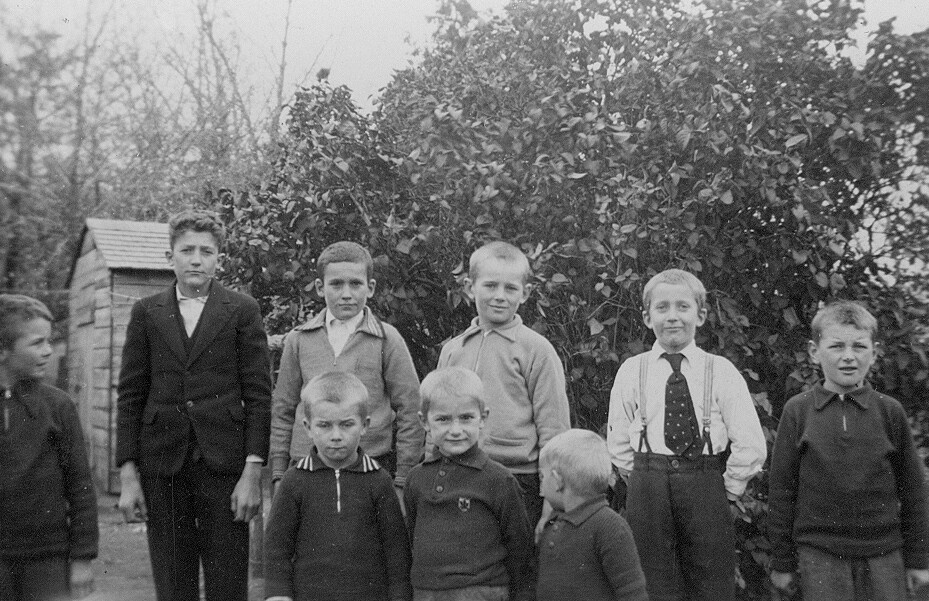
Gerhard Ens, second from the left, tallest in the picture, with brothers and friends. Photo courtesy of Gerhard J.Ens.
Gerhard J. Ens’ late father, who came to Canada as a Mennonite refugee in 1923. Ens worked hard as a teacher, minister, and radio broadcaster, and eventually raised a family in Manitoba. He was ordained in 1958 and worked with the Mennonite Collegiate Institute, and later founded the Manitoba Mennonite History Society in the same year. As a profoundly religious man, Ens felt very lucky to be Canadian and worked hard for his family, his faith, and his country.
The Graziadei family
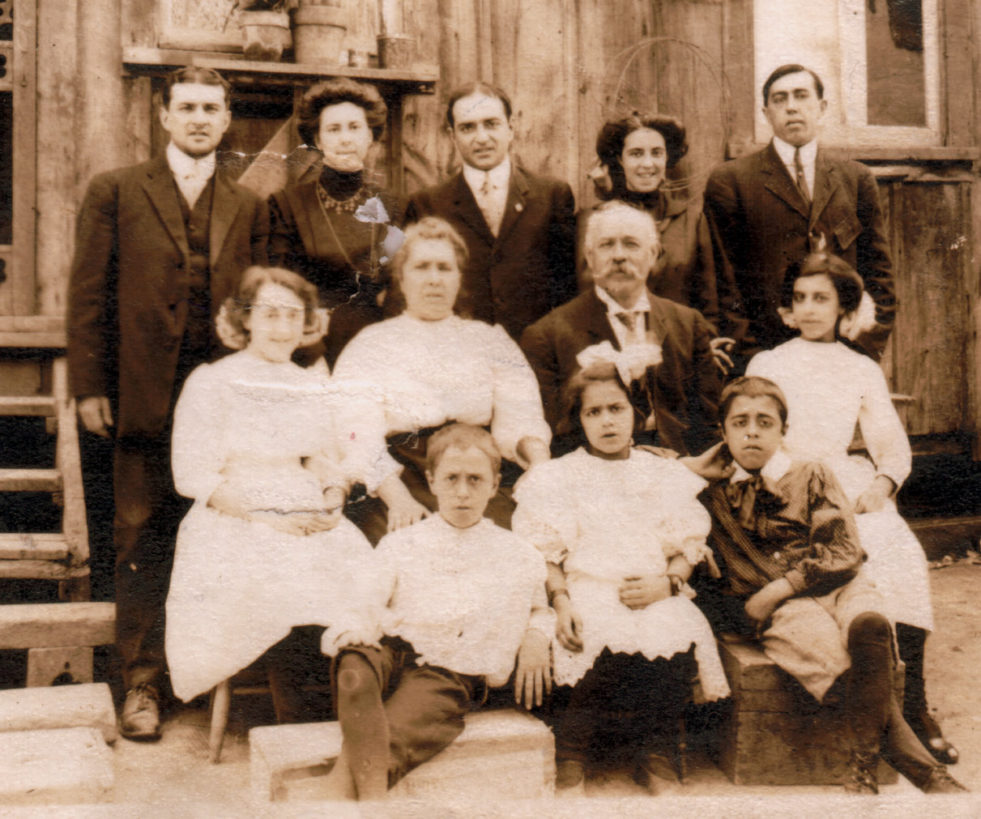
Based on The Immigration Story of Rocco Antonio Graziadei, arrived from Italy via the United States of America, 1882. Canadian Museum of Immigration at Pier 21 [S2017.629.8].





